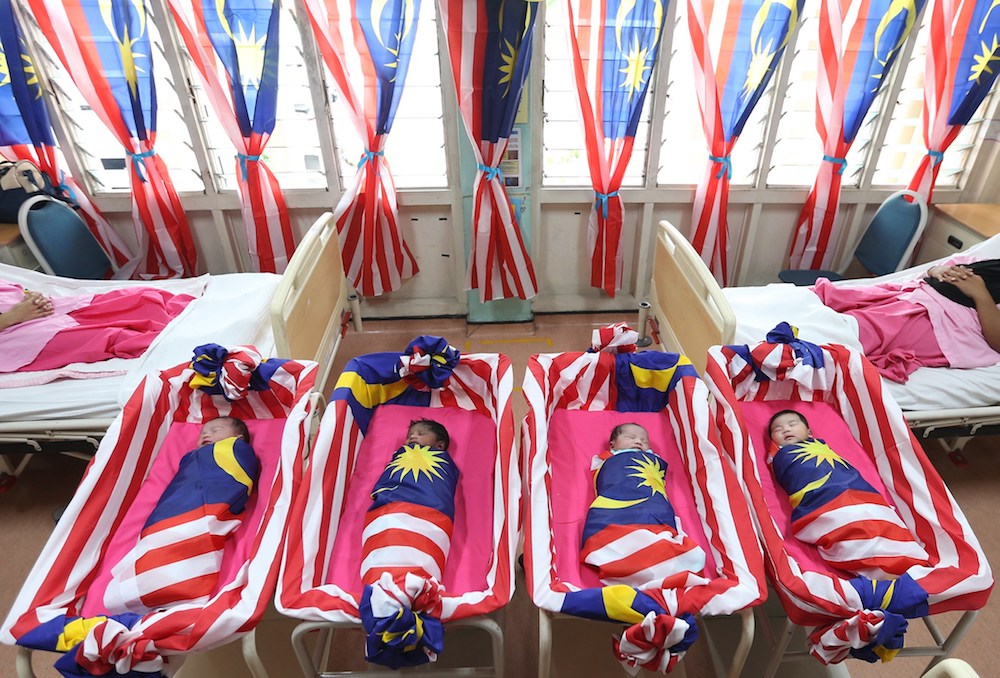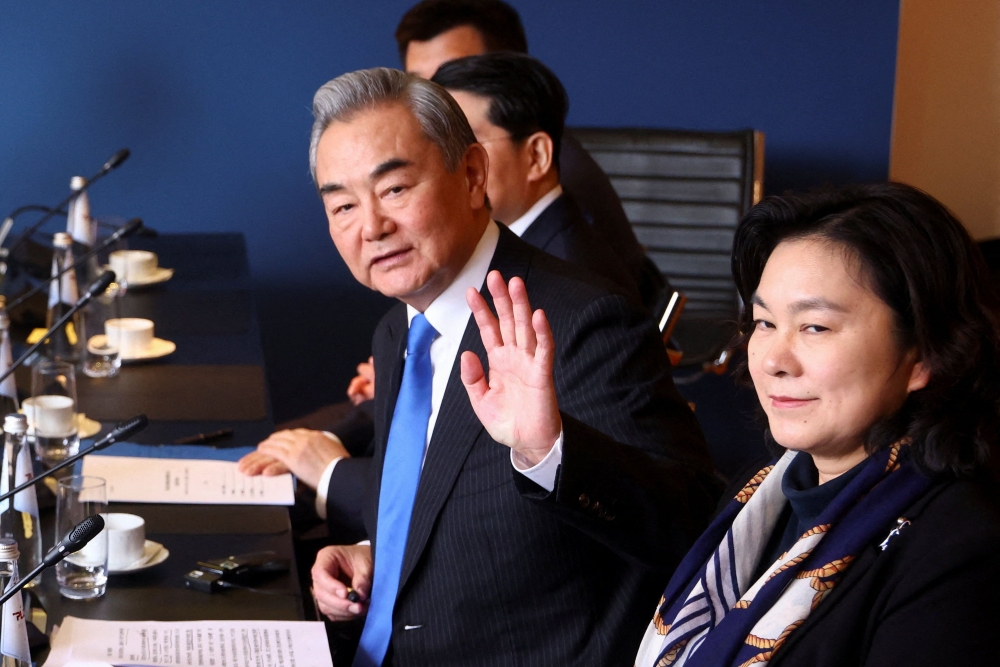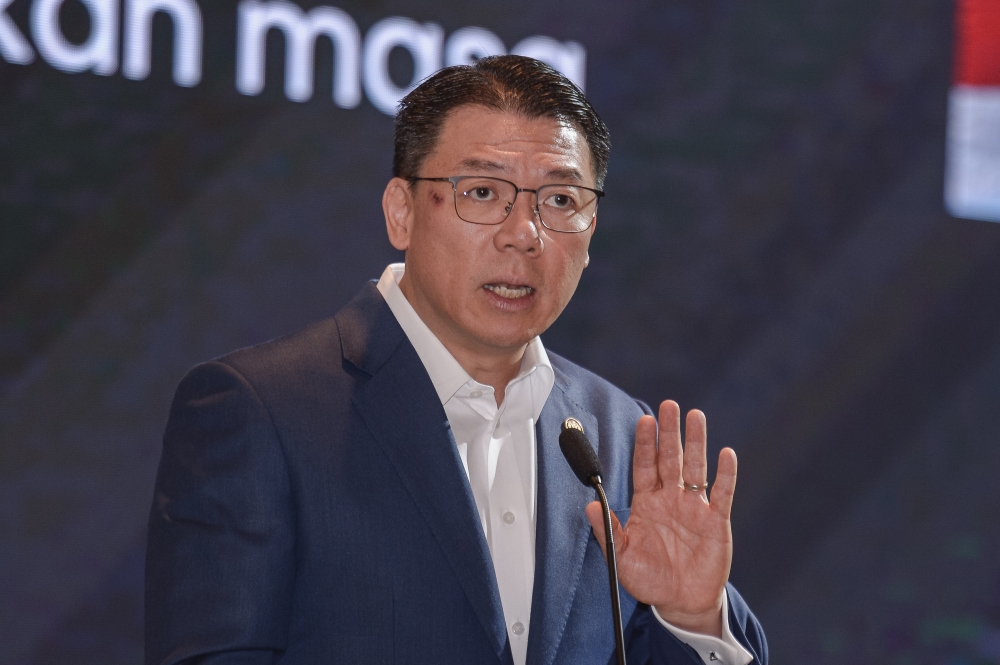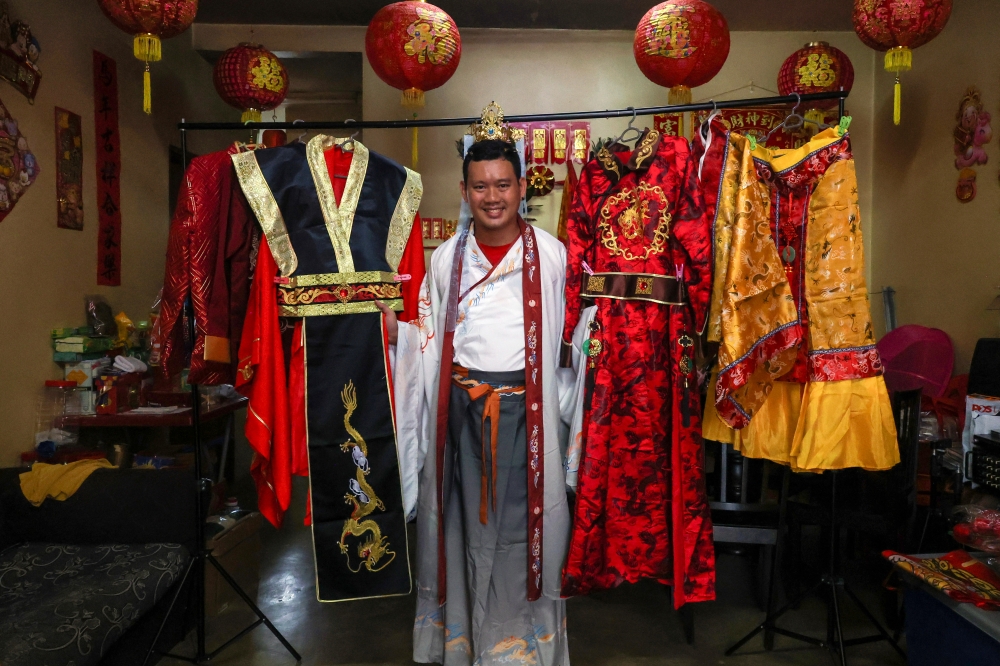KUALA LUMPUR, Dec 4 — Malaysia is one of only 25 countries in the world that discriminates against women by not giving them the equal rights of passing on their citizenship to their children, 38 groups from Malaysian civil society said today.
The civil society groups also rebutted a deputy minister’s justification of national security and national sovereignty, when he explained yesterday that Malaysia does not grant automatic citizenship to children born abroad to Malaysian women married to foreign spouses due to such considerations and the need to prevent dual citizenships.
Instead of being a national threat, Malaysian women and their children born overseas are actually exposed to unfair and unequal treatment due to the discrimination in Malaysia’s nationality laws, with such mothers are also forced to stay in abusive marriages abroad for the sake of their child instead of freely returning to Malaysia, the groups said.
In a statement today, the Joint Action Group for Gender Equality (JAG) and 37 other civil society groups today refuted Deputy Home Minister Datuk Seri Ismail Mohamed Said’s justification in the Dewan Rakyat of purportedly avoiding dual citizenships through Malaysia’s existing nationality laws.
Ismail had yesterday said that children born overseas to Malaysian men married to foreign spouses are automatically Malaysian citizens, while children born overseas to Malaysian women married to foreign spouses do not automatically become Malaysian citizens as he claimed that this was to avoid their child from becoming a citizen of two countries.
Ismail yesterday claimed that this was the same in other countries where children born overseas follow their father’s nationality, before going on to say that this is linked to national security and sovereignty.
But the civil society groups today said the “dual citizenship” narrative given by the deputy minister on Malaysian mothers giving birth overseas is “flawed and biased”.
“Contrary to the minister’s statement that, in other countries, most children follow their fathers’ citizenship, more than 150 countries worldwide allow women — on an equal basis to men — to confer citizenship on their children.
“Malaysia is currently one of only 25 countries in the world that do not grant women equal rights to do so,” the groups said.
Highlighting that Article 8(2) of the Federal Constitution prohibits discrimination of Malaysian citizens on the grounds of gender, the groups said Malaysian mothers who deliver their children abroad must be given the same rights as Malaysian fathers.
Pointing out why the dual citizenship argument cannot be justified, the groups highlighted that the purported dual citizenship argument could also be said to apply to children born overseas to Malaysian fathers married to foreign spouses or children born in Malaysia to a Malaysian married to a foreign spouse, as they could very likely have inherited citizenship from both parents.
The groups then indicated however this dual citizenship argument was only being used to justify the denial of automatic citizenship to children born overseas to Malaysian women: “It is only the children born abroad to Malaysian mothers who are discriminated against and do not receive Malaysian citizenship (unless through an uncertain and cumbersome application process).”

Difficult citizenship application process
While Ismail yesterday said an application for Malaysian citizenship could be made under the Federal Constitution’s Article 15(2) if the child has yet to be granted citizenship according to the foreign father’s nationality, the groups pointed out however that the application process is in reality a burdensome administrative process with government response to applications taking years.
“Based on reports from mothers interviewed by the Foreign Spouses Support Group (FSSG), the process is arduous, has no fixed timeframe, and the rejections come (some after two-three years) with no reasons provided by the Ministry of Home Affairs, despite applicants meeting the requirements as stated.
“Thus, the process currently in place unfairly and disproportionately burdens Malaysian mothers who wish to confer citizenship unto their children born abroad,” the groups said.
The groups also highlighted the difficulties faced regardless of whether a Malaysian mother wants to bring her child home to Malaysia, or whether the mother and child waits overseas for Malaysia to recognise the child as a Malaysian citizen first before returning to the country.
“In many cases where the Malaysian mother wants to return to Malaysia upon giving birth to the child, the child is forced to take on a foreign passport as they are not issued a ‘Surat Perakuan Cemas’ to return with the family.
“This is a catch-22 situation, as the child is then considered a foreign national and authorities are less inclined to recognise the child as a Malaysian citizen,” the groups said.
“Waiting overseas until the child is issued Malaysian citizenship under Article 15(2) leaves the child with an uncertain and extremely precarious legal status in the foreign country, with difficulty in accessing even basic services like healthcare and education. During this time, a child is left at risk of violence and is left wholly unprotected,” the groups added.
In the same statement, the groups said the discrimination in nationality laws towards Malaysian women place them and their children in precarious situations especially during the Covid-19 crisis, as non-citizen children of families living in Malaysia face unequal access to education, healthcare, economic opportunities and social protection.
Some Malaysian women are also “forced to remain in toxic or abusive marriages overseas” as they need to depend on their foreign husbands for the legal status needs of their children such as passport renewals, due to their children not being Malaysian citizens.
“Thus, some women choose to remain in high-risk countries instead of repatriating to ensure greater legal security for the child,” the groups said.
“We urge the government to recognise citizenship as a right and not a privilege, and that citizenship should be granted to every child, whose either parent or adopted parent is a Malaysian, irrespective of the marital status of the parents, gender of the Malaysian parent or place of birth of the child,” the groups said, while also welcoming any opportunity to work with the Home Ministry on measures to address the challenges faced by Malaysian women and their children because of such nationality laws.


















